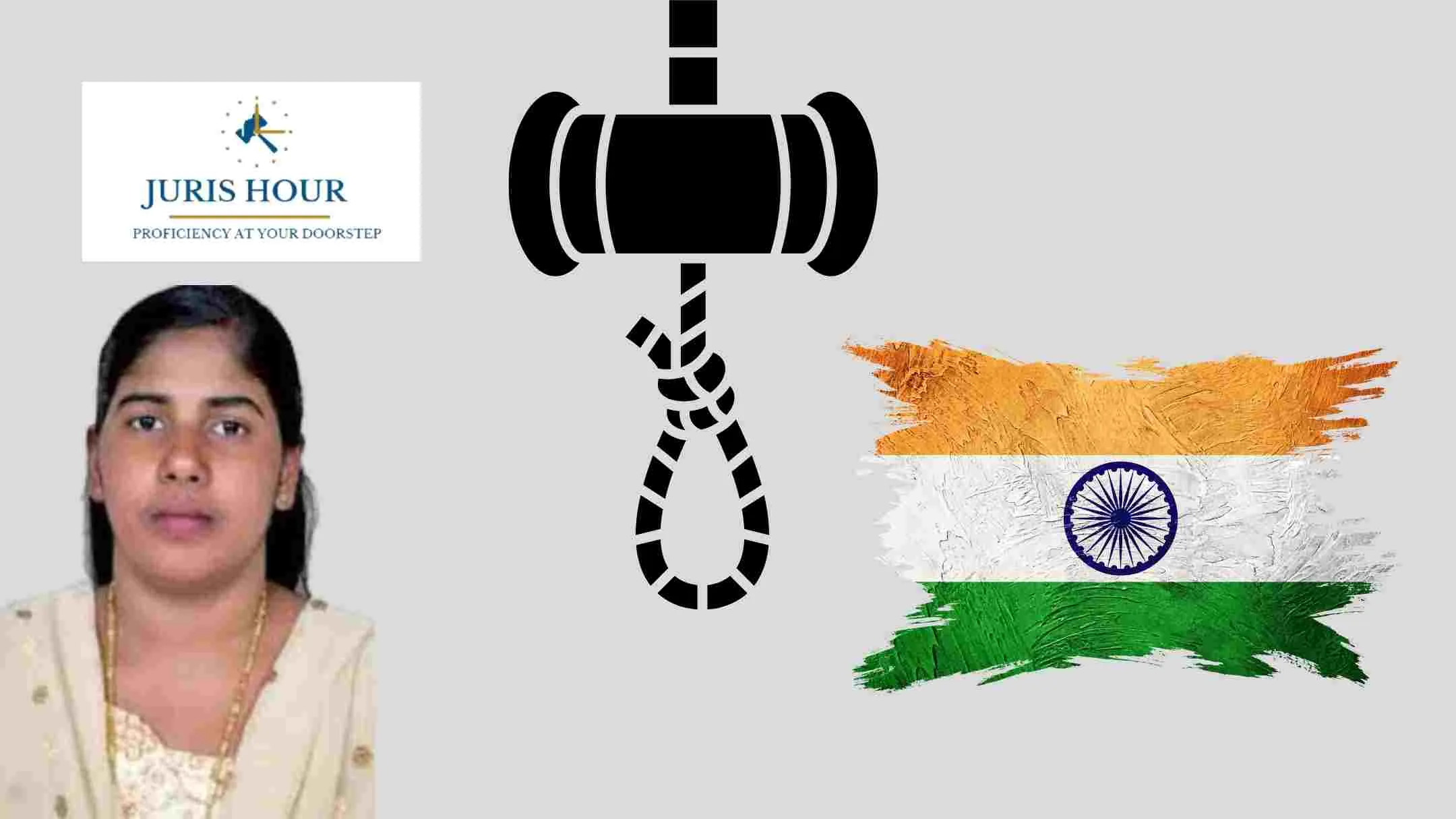The execution of Nimisha Priya, a 36-year-old Indian nurse convicted of murder in Yemen, remains pending after a temporary stay was granted. Despite ongoing legal appeals, religious intervention, and public diplomacy from Indian representatives and activists, the family of the Yemeni man she was convicted of killing has categorically declined to pardon her, demanding that capital punishment be carried out under Islamic law.
The family’s firm stance on qisas—the principle of retributive justice under Sharia—has emerged as the most significant obstacle in efforts to spare Priya’s life.
Background of the Case
Nimisha Priya, a trained nurse from Kerala, was sentenced to death in 2020 by a Yemeni court for the 2017 murder of her business associate, Talal Abdo Mahdi. According to Yemeni authorities, Priya administered a sedative to Mahdi in an effort to retrieve her confiscated passport and later dismembered his body to conceal the death. The incident took place in the capital, Sana’a, where she had been running a clinic.
The trial reportedly took place without an Arabic translator or adequate legal representation, raising questions among human rights groups about due process and fair trial standards.
Execution Temporarily Halted
The Yemeni authorities had scheduled Priya’s execution for July 16, but granted a last-minute stay following appeals from multiple quarters in India. Religious leaders, diplomats, lawyers, and public action groups intervened in recent weeks to explore the possibility of a settlement with the victim’s family.
Despite the temporary reprieve, Priya remains on death row, and the execution could proceed unless the victim’s family agrees to either pardon her or accept diyah, or blood money, in accordance with Islamic legal provisions.
Religious and Diplomatic Outreach
Efforts to save Priya’s life have included religious diplomacy led by Kanthapuram A.P. Aboobacker Musliyar, India’s Grand Mufti, who has collaborated with prominent Yemeni clerics like Sheikh Habib Omar. These efforts aim to persuade Mahdi’s family and tribal elders to consider clemency.
An international action group, the Save Nimisha Priya Council, comprising legal experts, human rights advocates, and Gulf-based Indian community leaders, is also working behind the scenes. The council has emphasized the need for sensitive handling of the case and has raised significant funds to offer compensation to the victim’s family.
Blood Money Rejected
Despite extensive mediation, Talal Mahdi’s family has unequivocally refused any financial settlement. They have stated that no amount of money can compensate for the loss of their kin and have called for full justice under Islamic law. A public statement from the family emphasized their commitment to seeing the sentence executed, “no matter how long it takes.”
According to sources, Priya’s supporters had raised nearly ₹8.5 crore (approximately $1 million) as part of their final appeal—a customary process under diyah law—but this offer was not accepted.
India’s Limited Diplomatic Reach in Yemen
The Indian government has been involved through consular and legal support, but Yemen’s ongoing civil conflict, coupled with the lack of a functioning Indian embassy in Houthi-controlled areas, has significantly constrained diplomatic engagement.
A petition was filed with the Supreme Court of India earlier this week requesting government-led negotiations under international humanitarian frameworks. The matter remains under review, but legal experts agree that the final decision rests with the Yemeni judicial system and, ultimately, the victim’s family.
Humanitarian and Legal Concerns
Several human rights organizations have expressed concern over the conduct of Priya’s trial. Amnesty International and others argue that the absence of an interpreter, denial of legal counsel, and lack of access to Indian diplomats at critical stages may have compromised the fairness of her conviction.
Meanwhile, Priya’s mother has been living in Yemen since last year, trying to engage personally with Mahdi’s family. Her daughter, now living with relatives in Kerala, has also made public appeals for compassion and mercy.
What Happens Next?
Unless the Mahdi family agrees to pardon or accept compensation, Nimisha Priya faces imminent execution. With time running out, India’s diplomatic and religious intermediaries are continuing efforts to negotiate a last-minute resolution.
This case has spotlighted the intersection of cultural, legal, and human rights challenges that can arise when foreign nationals are prosecuted under local justice systems rooted in religious law. It also raises urgent questions about the protections available to Indian citizens working abroad—especially in high-risk, conflict-affected regions.
Nimisha’s life now depends on a deeply personal decision from the victim’s family—a decision they show no sign of reversing.
Read More: Trump Signals India–U.S. Trade Deal “Very Close” Ahead of August Tariff Deadline

